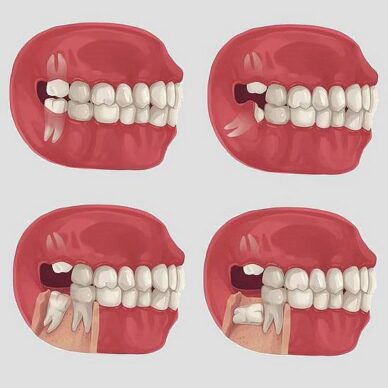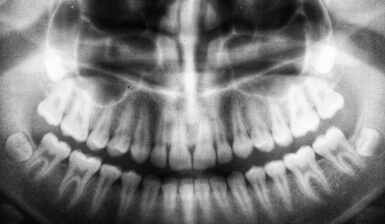Wisdom Tooth Conditions
There are several conditions that may make extracting a wisdom tooth the best option, ranging from difficulty cleaning the tooth to more common issues:
- Pericoronitis is an infection of the gum surrounding a wisdom tooth, often a leading reason for extraction. It typically causes more pain and swelling than normal tooth growth.
- Wisdom teeth, or the teeth nearby, can develop periodontitis, a type of gum disease that may not show immediate symptoms but can have long-term effects.
- Tooth decay in wisdom teeth or surrounding teeth is common. In some cases, preserving or repairing the wisdom tooth may not be the most effective solution in the long term.
- Oral cysts or infections spreading from the wisdom tooth can sometimes develop. Removing the tooth can often help prevent further complications.
There are certainly times when extraction is the best choice, and while antibiotics or improved oral hygiene may temporarily help, they may not fully resolve the problem. However, it’s also important to weigh up any reasons against extraction.
Risks of Extraction
The mouth and jaw contain a complex network of nerves, making dental procedures potentially risky. Extraction can cause discomfort or alter the sensations you experience in your face.
Like any surgery, there’s a risk of post-operative infection. One possibility is dry socket, where a blood clot doesn’t form properly after extraction.
However, these complications are rare. Research shows that issues occur in fewer than 5% of cases, with nerve damage being even rarer—under 2%. When performed by a skilled surgeon with proper preparation, the risk is even lower.
In most cases, any issues that do arise can be addressed successfully. Ultimately, wisdom tooth extraction is much more likely to prevent future problems than cause them.


